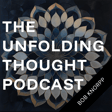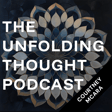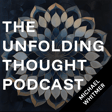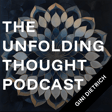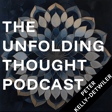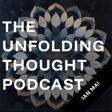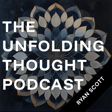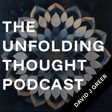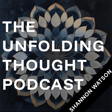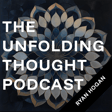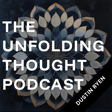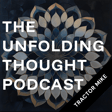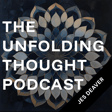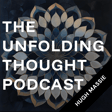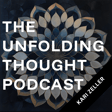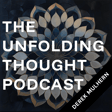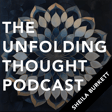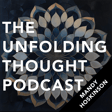
28–Alan Fine: Exploring the Inner Game to GROW
On this episode of The Unfolding Thought Podcast, Eric Pratum sits down with Alan Fine, renowned coach and one of the originators of GROW. Alan takes listeners through his unexpected journey into coaching, from a childhood tennis tournament to shaping global leadership strategies. The conversation delves into how coaching is not merely about asking questions, but also about creating environments where people can safely explore and harness their own potential. Alan emphasizes the importance of choice, focus, and how our inner dialogues influence performance.
Listeners will discover that the simplicity of effective coaching tools often masks their profound impact, making them accessible to anyone aspiring to be more effective in their personal and professional lives.
Topics Explored:
- Alan Fine’s personal journey: From asthmatic childhood to renowned coaching expert.
- The true story behind GROW and its practical application.
- The inner game and overcoming interference to improve performance.
- Why listening is the most critical skill for leaders and coaches.
- Democratizing coaching: Empowering everyone to have impactful conversations.
- Making mindful decisions: How to control focus and foster peak performance.
Links:
- InsideOut Development: https://insideoutdev.com
- Alan Fine’s book You Already Know How to Be Great: https://amzn.to/4ivG3wb
- GROW episode: https://unfoldingthought.com/grow-business-meditation/
- Make Choices So You Have Choices® by Rob Clem: https://amzn.to/4hQtgEr
- The Four Agreements: https://amzn.to/4iHPsBS
- Winning Through Enlightenment: https://amzn.to/4jmO8o3
- Taller people live further in the past: https://www.npr.org/sections/krulwich/2009/05/18/104183551/the-secret-advantage-of-being-short#:~:text=It%20may%20be%20that%20our,What%20a%20strange%20idea!
